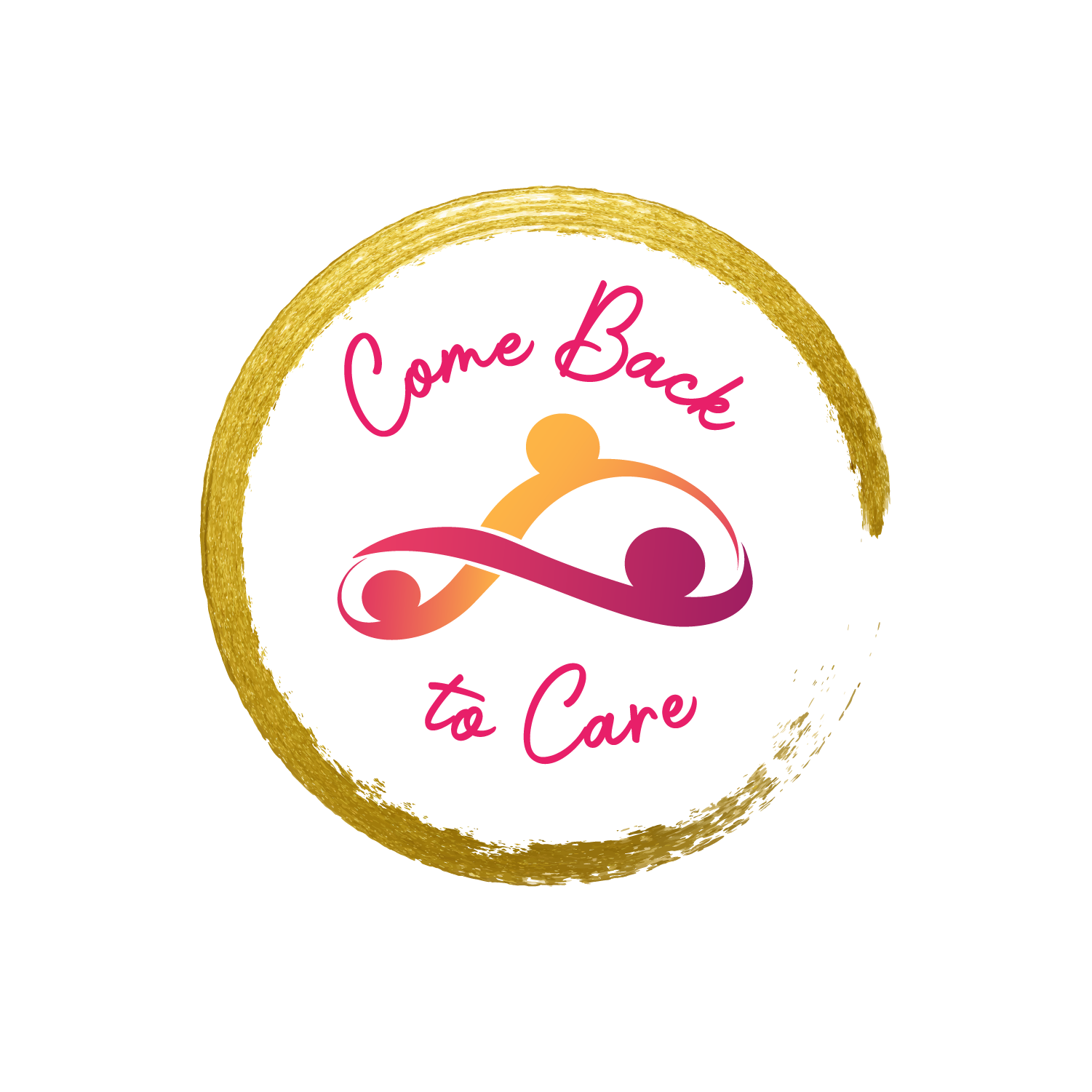Ep 35: Four Ways Your Child Can Help You Unlearn People Pleasing
“What communal support might you need to slow down that urgency and pressure to teach and prepare your child for survival so that you can intentionally hold space for them to be a sovereign being too?
Because when we move away from the individualistic urgency to teach and fix our children, we can practice communal urgency by plugging into local organizing around a community garden, food scarcity, eviction, or other local issues. Practicing communal care with your child can be as simple as walking over to the neighbors to check up on them and see if you can offer mutual aid-styled support like meals or childcare.”
Episode Summary:
The pressure to teach and prepare your child to survive systems of oppression can easily take over your parenting driver’s seat and put your social justice values in the back seat, especially when you’re exhausted. To relieve this pressure and slow down the urgency to teach people pleasing to your child 100% of the time, let’s step back and notice four lessons your child is already teaching you about liberation.
Episode Outline
Why slowing down and appreciating the lessons on change and liberation our children teach us can help us get unstuck from the survival pressure of people pleasing.
What Emergent Strategy (ES) is and what it has to do with child development and parenting.
Transforming guilt into accountability instead of shame.
Nonlinearity and nonlinear cycles in newborn feeding, toddler’s play, and toddler’s self-regulation.
Unsubscribing from systemic oppression’s idea of an ableist linear progression.
How parents embody nonlinear cycles too.
Iteration, repetition, and persistence in young children for the sake of curiosity and connection instead of productivity and efficiency.
How parents practice iteration through trial and error.
Decentralization of power and children’s parallel play. How children share space without dominating each other.
How parents decentralize power when they meet their child where they’re at.
Interdependence and how parents and their children mutually rely on each other to heal their fragmented parts, take up space, and become whole.
Sign up for the Care Collective Newsletter
My wholehearted goal is to be a ray of sunshine in your inbox and send you information and inspiration 1 time (or 2 max) a week.
Special Invitations:
Or, please consider leaving a rating and review on Apple Podcast or a rating on Spotify.










